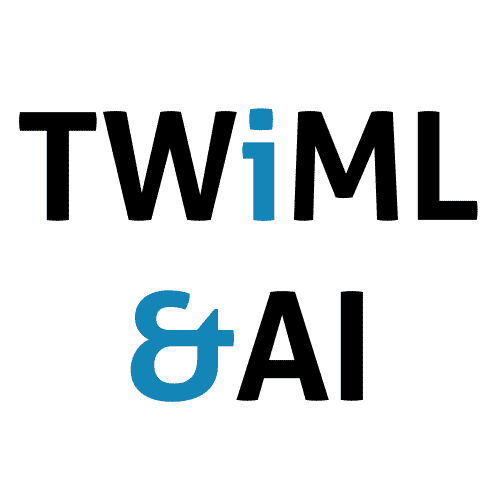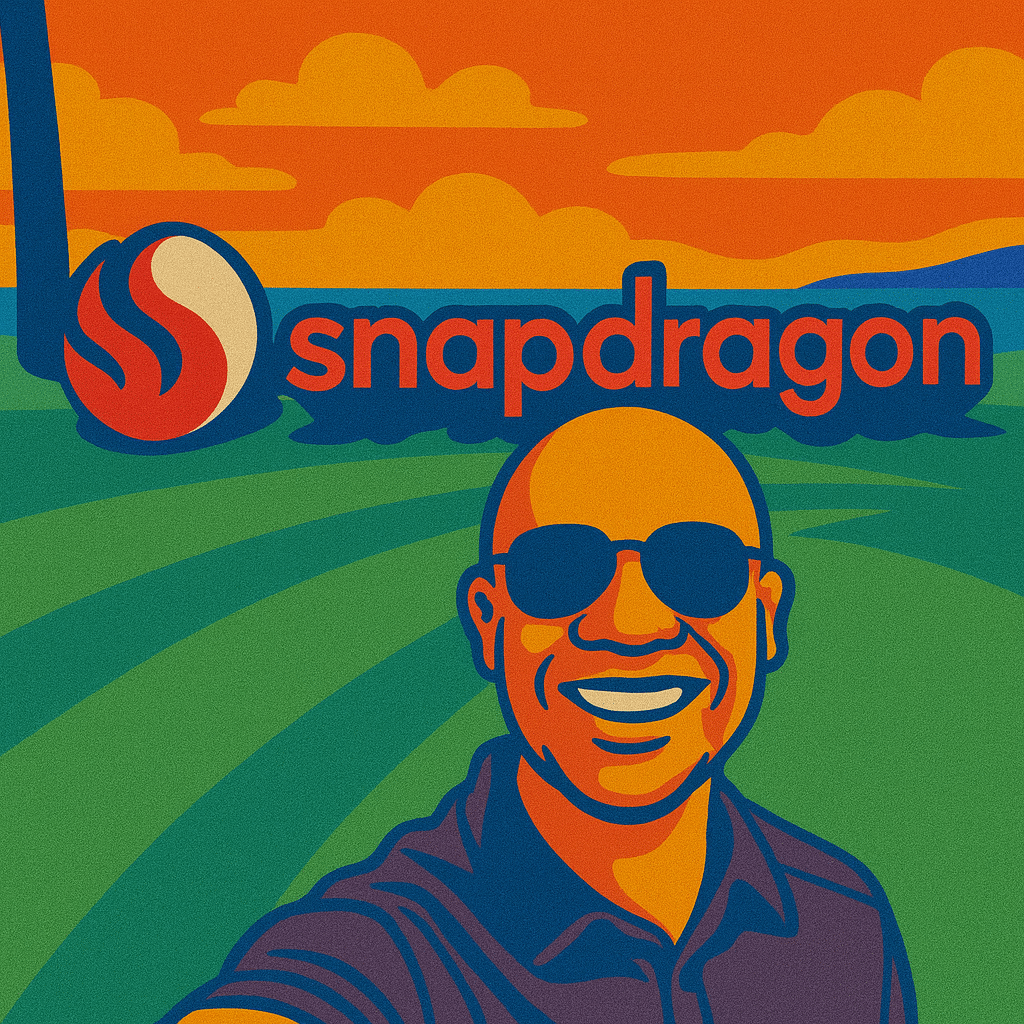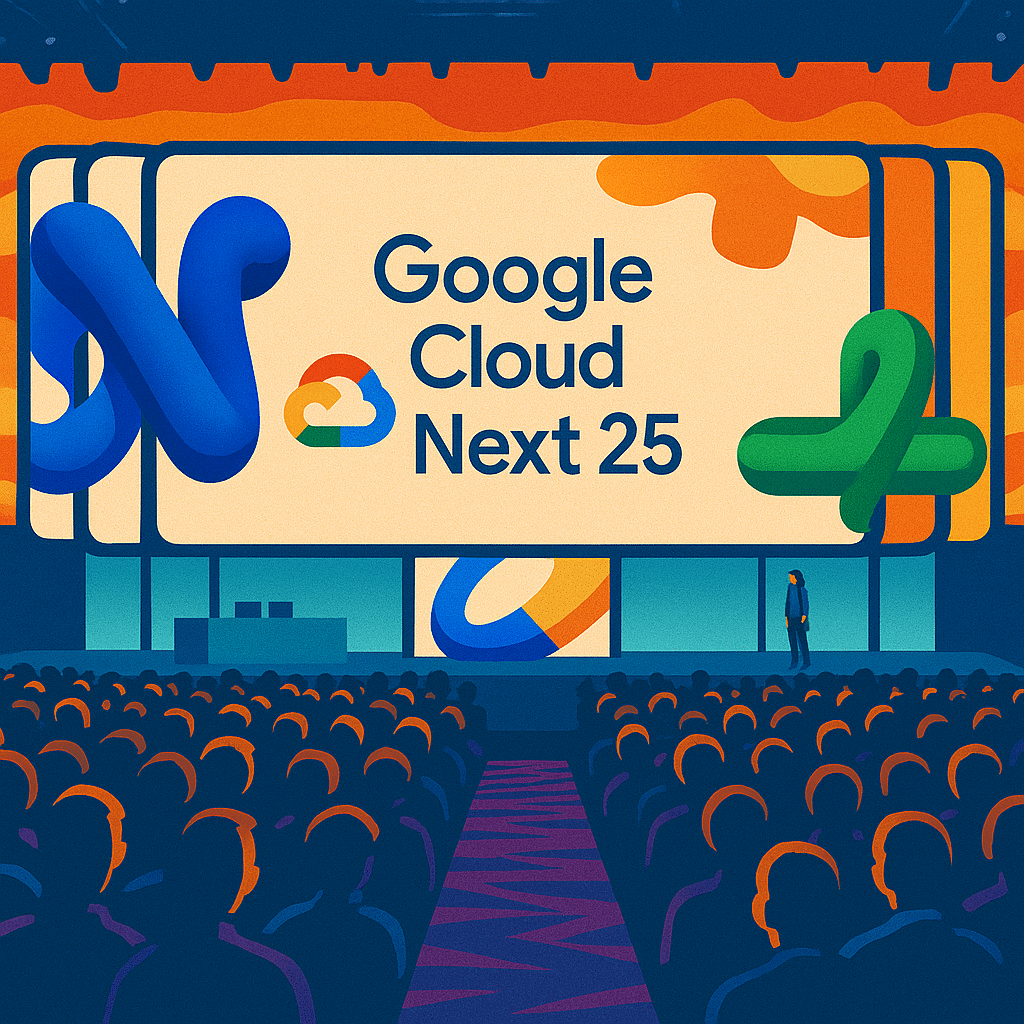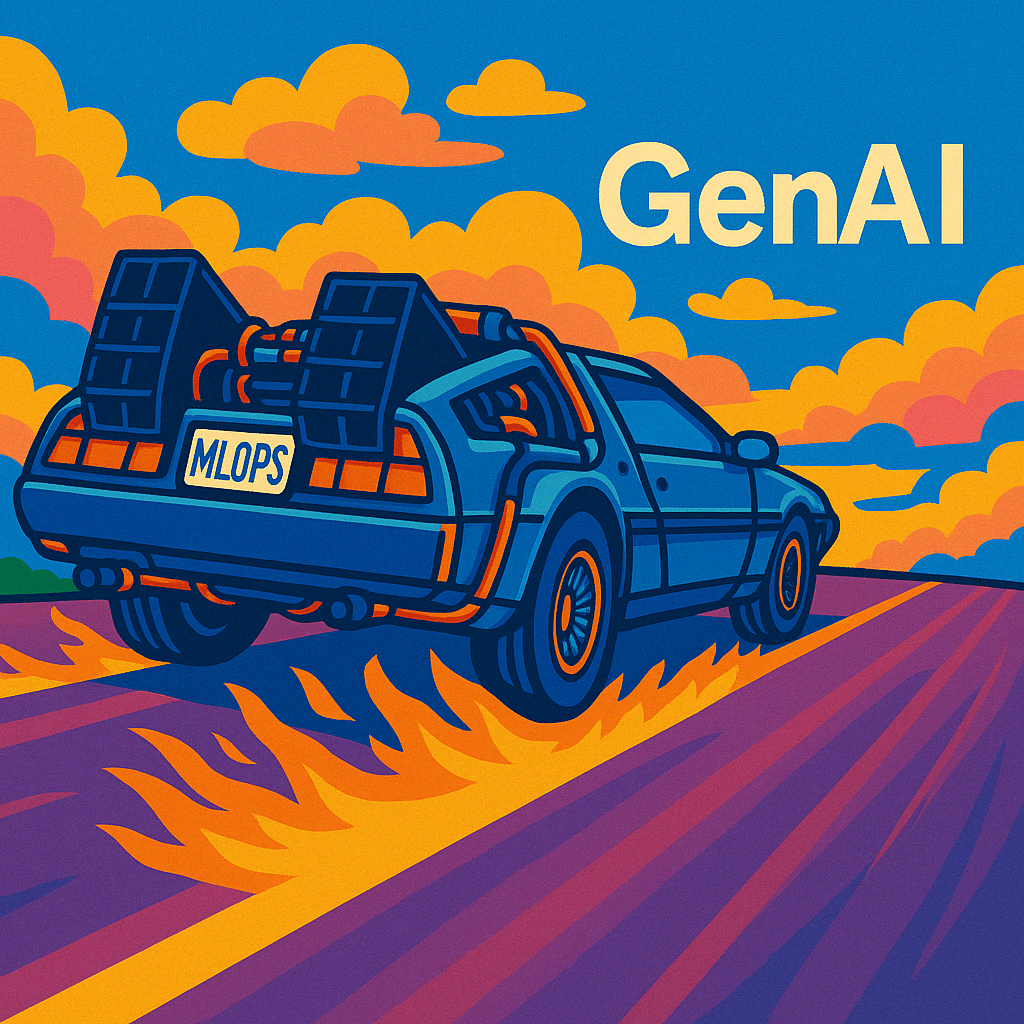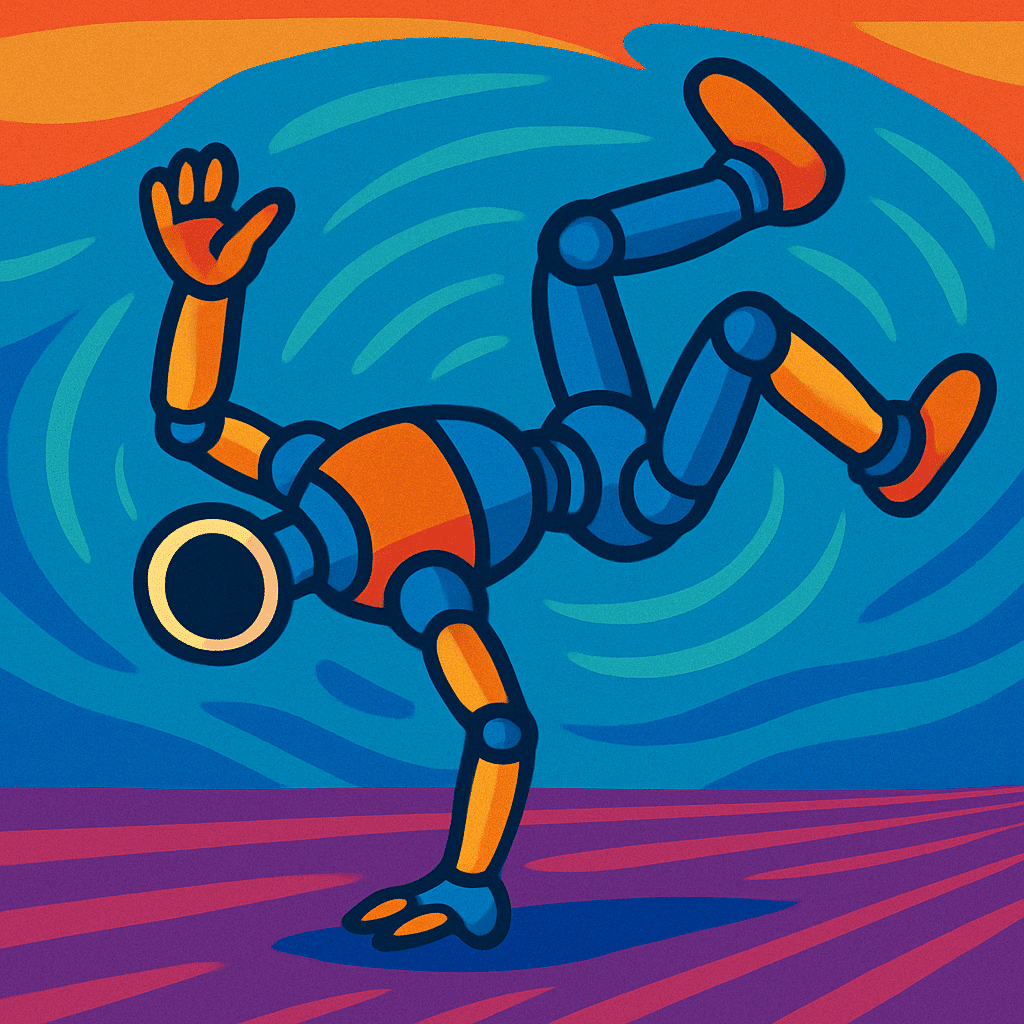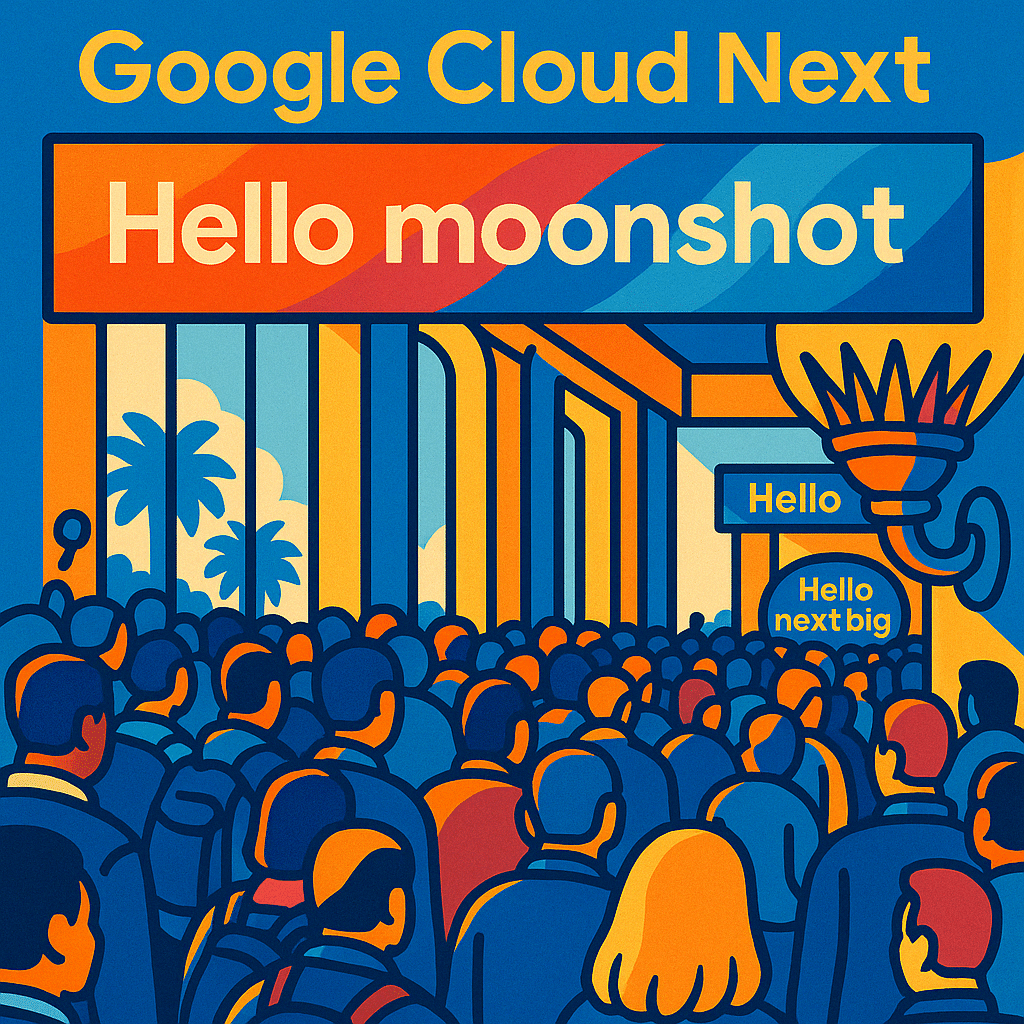Bits & Bytes
Google AI to predict heart disease with eye scans.
- The tech is being developed by Google’s health subsidiary Verily. It works by scanning the back of a patient’s eye, it then uses that image to deduce patient age, blood pressure, smoking status, and their risk of heart attack. It’s still in its early stages, though, and is not ready for clinical use.
Google debuts ‘auto ads’ for intelligently ad placement.
- While Google has long used machine learning to determine the best ads to show on a web page, this new feature reads the target page and selects the best ad placement on the page. Google claims that participating publishers saw ad revenue increases of 10-15%, however, some beta users were not happy about the number of ads being placed on their pages.
IBM partners with game dev platform Unity to create IBM Watson Unity SDK.
- I’ve had my eye on Unity since my interview with Danny Lange, their VP for ML and AI. The new SDK is being launchedon the Unity Asset Store and will allow developers to integrate visual recognition, speech text, and language classification features into their games and AR/VR applications more easily.
Qualcomm adds AI engine to Snapdragon mobile platform.
- The Qualcomm AI Engine consists of software, hardware and APIs meant to support efficient neural network inference on client devicesrunning Snapdragon processors.
Accenture launches AI testing service.
- Accenture’s taking a “Teach and Test” approach to the service, with the former focused on the choice of data, models, and algorithms used to train ML models, and the latter on up-front and ongoing evaluation of model performance, explainability and bias.
MindBridge adds NLP to its AI-powered auditing software.
- The update allows audit professionals to naturally ask query transactional data and gain insight into potential errors and risky transactions.
Dollars & Sense
-
Vectra, a cybersecurity startup, raises $36M for global expansion of its AI-Based Security Platform
-
SparkCognition, an AI solutions startup, raises $56.5 million Series B For International Expansion
-
StatusToday, an employee productivity startup, raises $3.91 million to improve employee productivity with AI
-
Prophesee, a machine vision startup, raises $19 million for its machine vision technology
-
Agent IQ, an AI customer service bot startup, raises $6.3M
-
Benevolentai acquires Cambridge research facility to accelerate AI-enabled drug development
